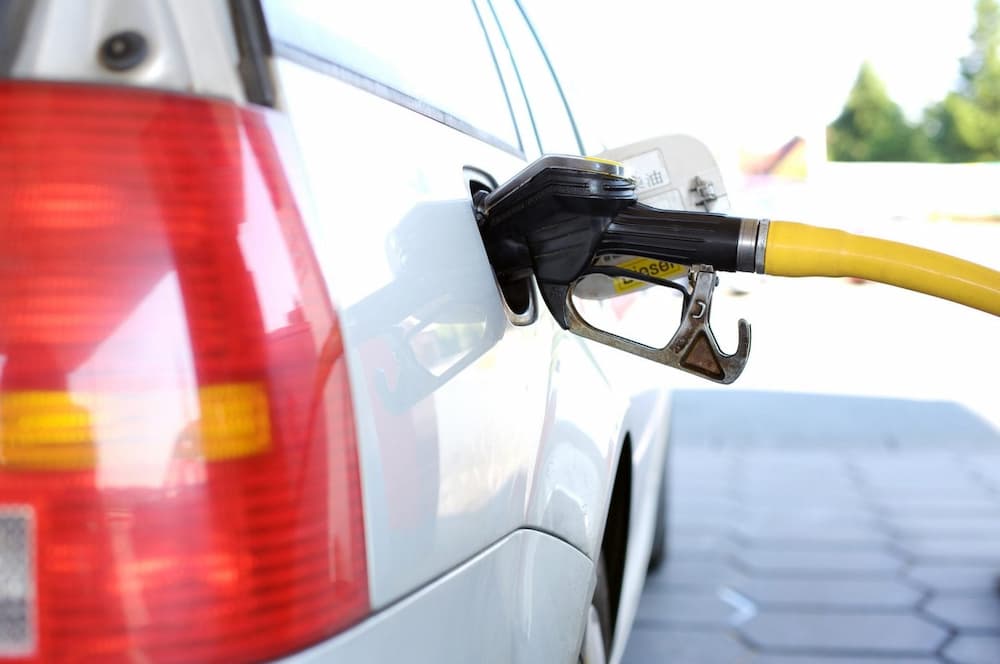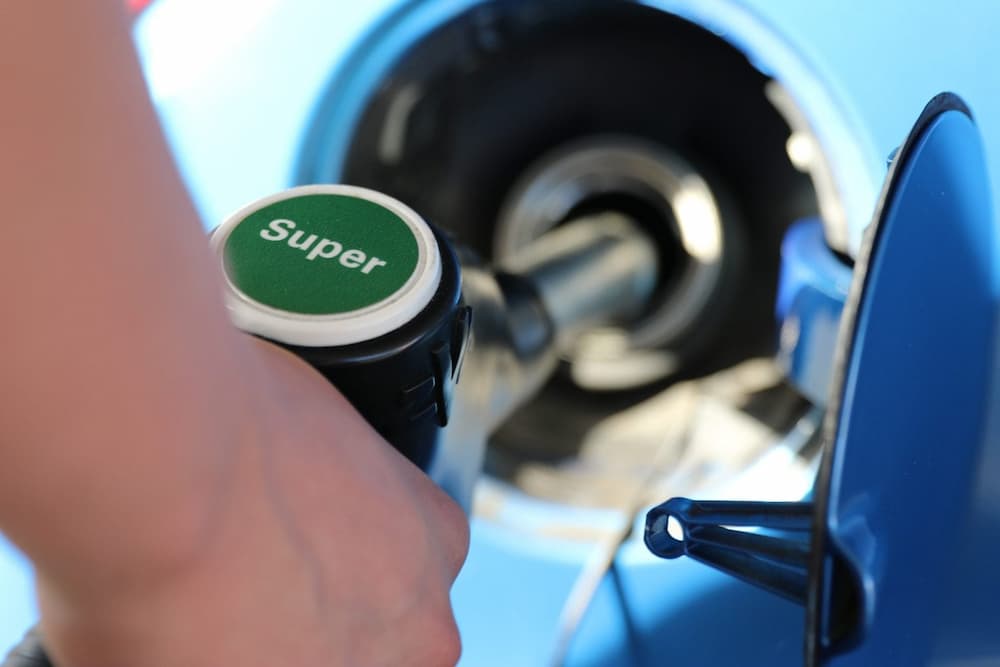Petroleum certificates
Petroleum certificates ensure that anyone dispensing petrol or storing it in significant amounts does so with a high level of regard for public safety and protection of the environment.
Who issues petroleum certificates?
We are the Petroleum Enforcing Authority (PEA) for the West Midlands and have a responsibility to ensure that anyone dispensing petrol or storing it in significant amounts does so with a high level of regard for public safety and protection of the environment.
In particular, businesses operating filling stations are required to comply with the Dangerous Substances and Explosives Atmospheres Regulations 2002 (DSEAR).
What is a Petroleum Certificate?
For some time, in the United Kingdom, petroleum storage at filling stations (including private dispensing) has required a licence issued by the relevant local authority. Licensing was replaced in 2014 by a scheme based on Petroleum Storage Certificates (PSCs) issued under the Petroleum (Consolidation) Regulations 2014 (PCRs).
When an existing licence expires it will be replaced by a PSC. These are specific to the premises where petrol is stored and dispensed. PSCs do not have an expiry date and remain in force until certain (notifiable) changes to the storage arrangements take place or until the site stops operating for more than 12 months.


Domestic and non-workplace storage
Provided that it is kept in a suitable place (See Schedule 2 of the Petroleum (Consolidation) Regulations 2014 (PCRs) for information about suitable storage), up to 30 litres of petrol may be stored in suitable portable containers or a single demountable fuel tank.
You can find out more about safely storing petrol at home or another non-workplace storage area by visiting our safety at home page.
A person keeping over 30 litres but less than 275 litres must notify the Petroleum Enforcing Authority (PEA), which is us within the West Midlands, in writing with the name of the occupier, the address of the premises and confirmation that the petrol is stored in accordance with regulations. See Schedule 2 of the PCRs for information about suitable storage.
The Petroleum (Consolidation) Regulations 2014 retain a licensing regime for domestic and non-workplace petrol storage where it is kept for private use only. A person keeping in excess of 275 litres will require a licence. The PEA may issue and renew these for up to 3 years. They are issued to the licensee personally and are not transferable.
Certificate Charges
Petroleum fees, for certificates covering 2 years, are below. For certificates for extended periods, such as 3, 4 or 5 years, please email firesafety.admin@wmfs.net for details.
| Band | Maximum quantity stored (litres) | Cost per year |
| A | 2,500 | £48 |
| B | 2,500 to 50,000 | £65 |
| C | Over 50,000 | £137 |
The Government sets these fees and specifies them in the current The Health and Safety and Nuclear (fees’) Regulation.
How to apply
To apply for a certificate, please email firesafety.admin@wmfs.net
Or for guidance call +441213807500
Payment will be required to complete a certificate application, charges are listed on the Certificate Charges section. Payments can be made by BACS or by cheque.
Government Guidance
The Health and Safety Executive is the government agency with national responsibility for overseeing compliance with DSEAR. Their website provides useful additional information about petroleum storage.
If you need to make an enquiry about Petroleum (Consolidation) Regulations 2014 (PCRs) or storing petroleum in the West Midlands, please email: firesafety.admin@wmfs.net